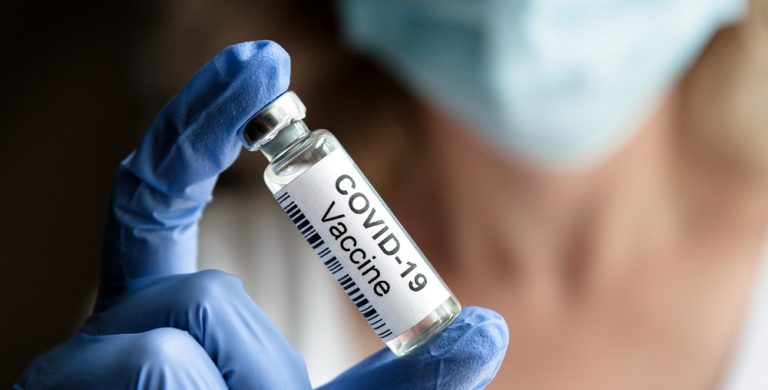A vaccine is a biological tool that trains the body’s immune system to defend against a particular pathogen. More than 40 new targeted vaccines are now in human trials to help people fight against and stop the spread of SARS-COV2 (novel coronavirus), which causes COVID-19. Health organizations of several countries provide regular updates on coronavirus vaccine development.
A form of the coronavirus that creates a targeted immune response but has been modified so that it does not spread or cause coronavirus disease (COVID-19)
Examples in Advanced Clinical Development
A plasmid containing instructions to produce antigens that mimic coronavirus and induce a targeted immune response
Examples in Advanced Clinical Development
Synthetic RNA or DNA designed to produce proteins that induce an immune response
Examples in Advanced Clinical Development
Non-viral protein fragments that create immunity against coronavirus
Examples in Advanced Clinical Development

The higher number of these products may currently meet the criteria for Expanded Access programs. Expanded Access programs (EAPs) are large, single-arm trials intended to provide medical options to patients who cannot get into regular clinical trials and face severe disease (or risk of disease) in the absence of the investigational product. One can initiate EAPs earlier in the development process than Emergency Use Authorization. They enroll and treat patients under an approved protocol, and all safety data is captured and reported.


In 2013 and 2014, the unlicensed meningococcal-B vaccine Bexsero was used as part of a 16,000 patient Expanded Access program to fight parallel meningitis outbreaks at two U.S. universities.
Internationally, an Expanded Access Program in the Democratic Republic of Congo has identified people with the highest exposure risks to the Ebola virus in that country and has enabled 275,000 individuals to access the rVSV-ZEBOV vaccine in parallel to the product’s ongoing clinical development.
Both examples may serve as models for modern, large-size Expanded Access programs for COVID-19 vaccines that are currently in Phase 2 or Phase 3 of clinical development.
Necessary cookies are absolutely essential for the website to function properly. This category only includes cookies that ensures basic functionalities and security features of the website. These cookies do not store any personal information.
Any cookies that may not be particularly necessary for the website to function and is used specifically to collect user personal data via analytics, ads, other embedded contents are termed as non-necessary cookies. It is mandatory to procure user consent prior to running these cookies on your website.